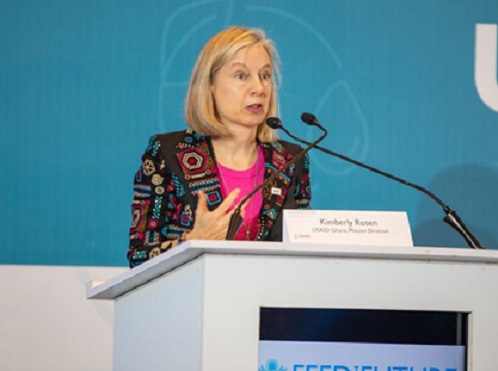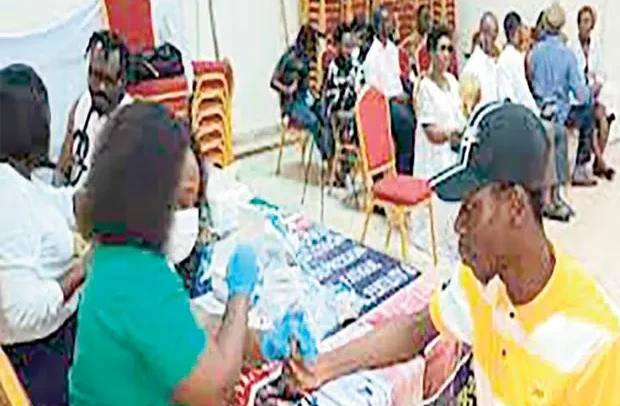
The Directorate of Research Innovation and Development (DRIP) of the Ghana Institute of Journalism (GIJ) on Friday held its third inter-faculty research seminar in Accra.
Themed “Fighting real fire, a case of two Ghanaian crisis management organisations,” the event brought together students, some media representatives and lecturers of the tertiary institution.
It sought to discuss the outcome of a study conducted in the area of crisis management in Ghana citing two leading state institutions which are the Ghana National Fire Service (GNFS) and the National Disaster Management Organisation (NADMO).
In her presentation, Senior Lecturer and Dean of the Faculty of Public Relations, Advertising and Integrated Marketing (FOPAM), Dr Mavis Essandoh said the study found that in spite of logistical and other constraints facing the GNFS and NADMO, the organisations had provided some information for the public, adding that most of the communication was reactive.
The mandate of the GNFS, she said was to provide efficient valued rescue service and improve public safety from fires amongst others, educating the public about how to prevent and manage fires.
Dr Essandoh stressed that the GNFS must also focus on providing technical support in emergencies that were beyond individual capabilities.
Based on the responses of the research participants, which included 20 persons, she explained that the GNFS’s role was highly recognised, as well as their responsibility, saying this was in sync with the GNFS Act 537 which clearly stipulated their functions and objectives.
However, Dr Essandoh said the study found that in spite of the assurances from the fires fighting firm, the GNFS was overwhelmed with lack of logistics and clear directions of their operations.
“We also found that NADMO and GNFS had only a few planned educational programmes for the public before crisis or disasters. They used face to face and reactive means to communicate during crisis and newspaper reports suggests that they did not provide reports on the causes of fire incidents and disasters after they occurred,” she stated.
Dr Essandoh therefore stressed the need for more public education in fires, saying the National Commission for Civic Education (NCCE) also must be brought on board to compliment the efforts of the GNFS and NADMO in terms of public education in disasters.
Explaining further, she said the study recommended that the GNFS and NADMO should be empowered enough to investigate and disapprove of building permits for structures constructed on waterways to prevent flooding in the country.
This, she said should be done in collaboration with other regulatory institutions like the Environmental Protection Agency (EPA) and the Lands Commission.
Deputy Rector of GIJ, Professor Eric Opoku Mensah in his remarks commended the DRIP for the seminar which he described as highly educative.
BY RAISSA SAMBOU
The post GIJ DRIP holds inter-faculty seminar appeared first on Ghanaian Times.
Read Full Story























Facebook
Twitter
Pinterest
Instagram
Google+
YouTube
LinkedIn
RSS